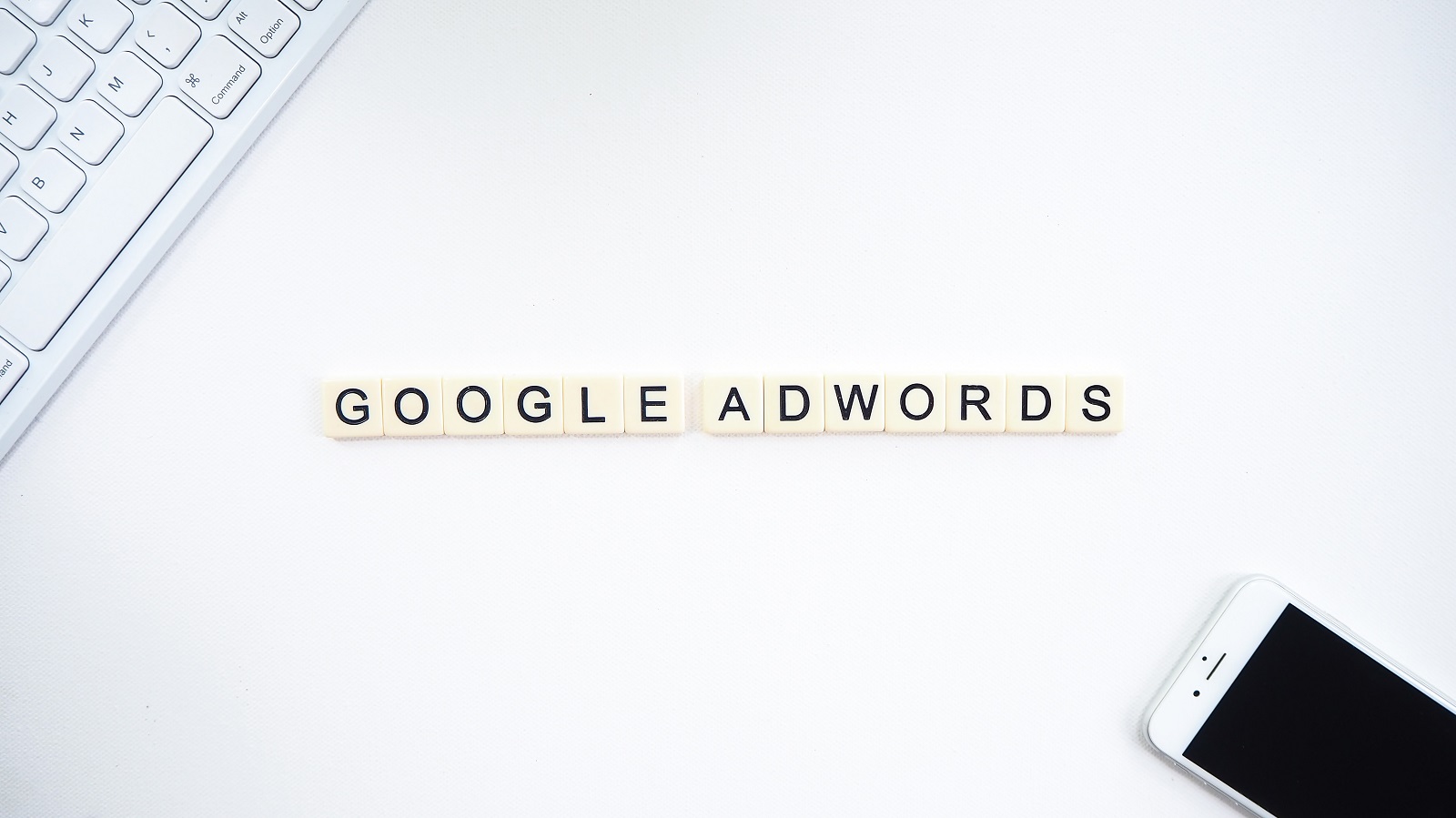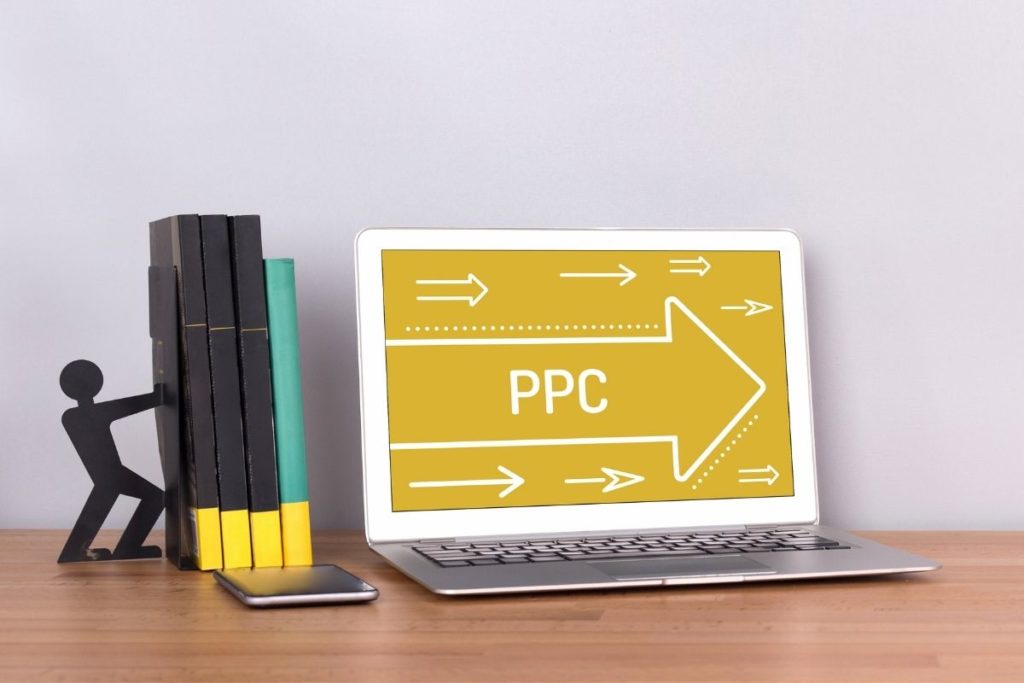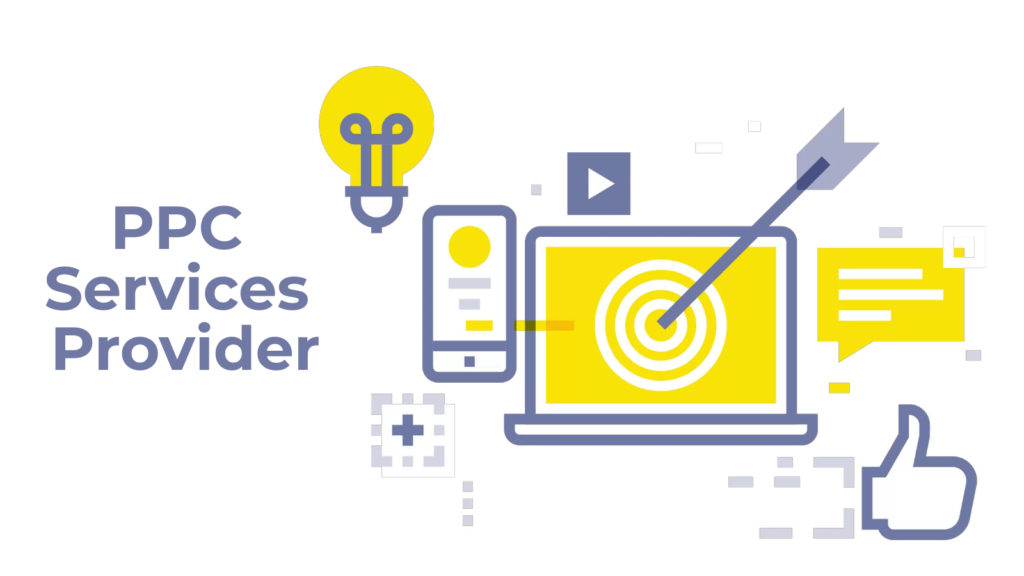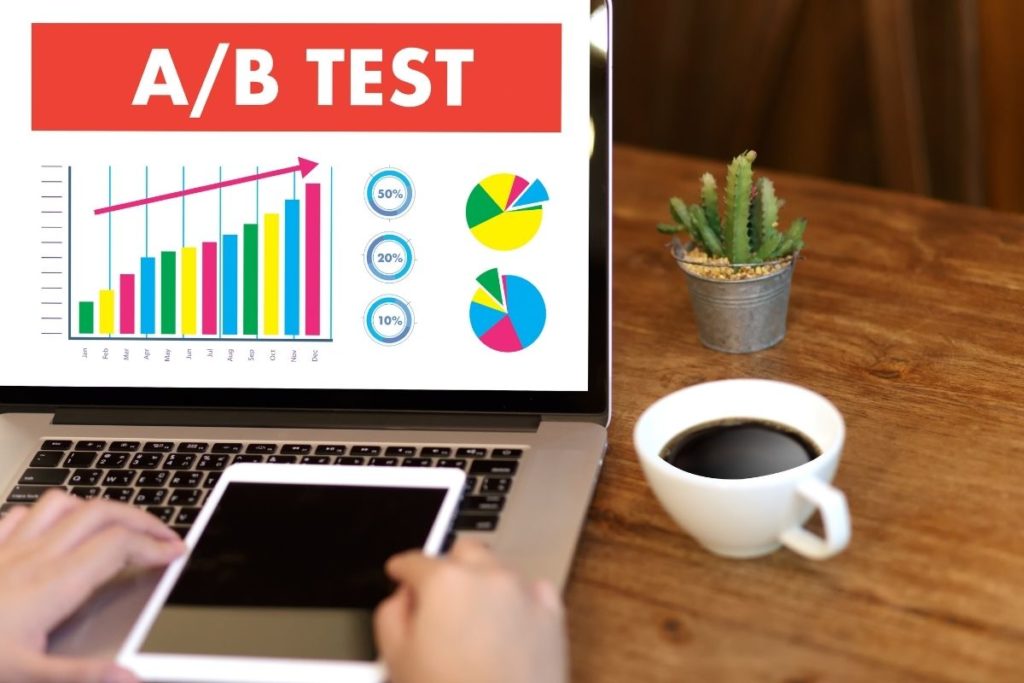
October 5, 2022, 0 Comments
How to Minimize Costly PPC Mistakes: 8 Tips to Get You Going in the Right Direction
Whether you’re just starting out or have been at this for a while, you know that Pay-Per-Click advertising is a big part of increasing your website conversion rates and generating more traffic. PPC marketing can be tricky to navigate, though. There are many things to take into account when creating campaigns that are cost-effective. Making just one costly mistake can leave you with a hefty bill. To avoid these costly mistakes, here are eight essential tips to get you going in the right direction.
The Importance of PPC
PPC advertising is a great way to generate more traffic and leads for your business. It’s such an important part of digital marketing that it should be a staple in any business’s marketing strategy. However, many people don’t know how to get started with PPC ads or what they should be doing with them once they start running them. This leads to costly mistakes, such as spending too much on ad spend or running ads at the wrong time of day. To avoid these costly mistakes, here are eight essential tips to get you going in the right direction.

1) Set Your Ad Goals
Before you can create your campaign, you need to set your goals for the campaign. Do you want to increase web traffic? Do you want new customers? What is your goal for this campaign? These are questions that all have different answers and will need their own campaigns accordingly. Only after deciding on a goal can you decide which channels will work best for that goal; otherwise, it’s a guessing game and that is not cost-effective.
2) Be Sure You Know Your Target Audience
Doing some research on who your target audience is before starting your campaign will help narrow down the demographics you need to target within Facebook Ads Manager and Google Ads Editor (or whichever platform you’re using). You’ll also know how often those audiences are on Facebook or Google based on when they access those sites.
How to Create Effective Ads?

One of the first steps when it comes to PPC is creating effective ads. It’s important to have a concise and clear ad that targets your ideal customer. When writing your ads, use straightforward language and avoid using any fancy words or jargon. You should also be sure that every detail about your business is included in the ad. This will give users more information about what you’re offering and there won’t be any confusion or questions they need to be answered before they contact you.
The Value of Daily Targeting
One of the best ways to maximize your PPC ROI is by targeting daily on a local level. You can do this with Google Adwords, or through Bing Ads. When you target daily, it allows you to be more specific in your ads and bids, while also decreasing the amount of money spent overall. It also makes it easier to optimize ads and make sure they are getting better results.
If you’re not sure where to start with daily targeting, start by looking at the keywords that have received clicks in the past 24 hours for your business. These are potential prospects who are actively searching for what you offer. If you find words that are frequently searched for, but aren’t receiving any clicks, this would be an opportunity for you to bid more aggressively on those terms.
The Importance of Conversions
The key to a successful PPC campaign is generating conversions. When you run PPC ads, it’s important that you make sure your ads are converting into sales. This can be tricky because you don’t know exactly how many people will click on your ad or what those people want. A common mistake is creating an ad with a message that does not align with the search term or keyword that the user clicked on. For example, if someone is searching for “how to fix a flat tire,” and your ad reads “buy tires now!,” then this person is not a likely customer. You want to create ads that offer solutions to the problem your target audience is searching for.

Another costly mistake when it comes to Pay-Per-Click advertising is thinking about the success of an individual campaign in isolation. You need to look at your campaigns as part of the bigger picture. By grouping together several different PPC campaigns and examining them as one whole entity, you can learn more about which types of ads are doing well and which ones need improvement.
Track and Measure Your Campaigns
A good way to minimize costly mistakes when it comes to PPC marketing is by tracking and measuring your campaigns. This way, you can see what’s working and what isn’t.

Keep an eye on metrics like click-through rate (CTR), cost per click (CPC), conversions, and landing page visits. The more you know about your campaigns, the better. This will prevent you from making expensive mistakes, like spending too much money or not enough on certain ads.
If you’re looking for ways to make your digital marketing efforts more effective, analyzing data is a great place to start!
A/B Split Tests

One of the most important things you can do to reduce expensive mistakes and increase conversions is to run an A/B split test. This is a type of experiment where two versions of a page are created, with one being the control. These pages are then shown to different groups of web users to see which version performs better.
This works because it allows you to determine what changes made on your webpage improve conversion rates and what changes don’t. For example, if you’re selling shoes online, you might have one version of your webpage that displays three pairs of shoes while the other displays six. You might notice that the page with three pairs gets more clicks than the page with six pairs. This means that reducing the number of shoes displayed on your page would be a good idea.
A/B split tests are an easy way to make quick decisions about what changes on your website will best suit your audience’s needs and boost performance.
Optimize Your Text
One way to minimize the cost of PPC mistakes is with succinct and optimized text. In the Google Ads interface, you can choose a variety of headlines, descriptions, and captions to best represent your business. Tweak these texts in order to make them more relevant to your audience. The goal is to include keywords that will be closely related to those that are used in search engine queries for your product or service.

Include both general keywords and brand-specific ones so that you’re able to capture a larger pool of potential customers. You can also include secondary keywords as long as they are related and not too difficult for someone to type out on a search engine.
Optimize your headlines
It’s important to optimize your headlines for PPC ads. In order to get the best return on investment, you need to be able to quickly and efficiently tell people what your company does. People won’t click on an ad if they have no clue why they should.
If you have a product that has a unique benefit, don’t be afraid to mention it in your headline. Just make sure that you have enough content on your page to back up that claim if someone clicks through. You want them to find out more about your brand after reading the ad, not just see that one little sentence and bounce right off the page.
Optimizing your offers
The first thing to do is optimize your offers. The best PPC campaigns will have an offer that is tailored for the type of customer you are aiming to reach. The offer should be relevant to your target audience and their needs. For example, if you’re a dentist looking to market a new teeth whitening service, you would create a different offer than one for braces or root canal therapy. By tailoring your offers, you will be more likely to attract customers who are interested in what you have to offer.
Conclusion
PPC is a great way to market your products or services, but not many people know how to do it correctly. Luckily, there are plenty of tips that can help you get started on the right foot.
When you’re first starting out in PPC, you’ll worry about a lot of different things, from the design of your ads to the copywriting for your headlines, and even the offers you’re promoting. With so much to keep track of, it’s easy to make mistakes that end up costing you a lot of money. That’s why it’s important to run a tight campaign and research before doing anything.
We hope these tips will give you the direction you need to succeed in PPC.

Recent Comments